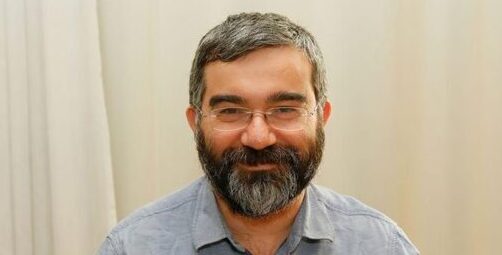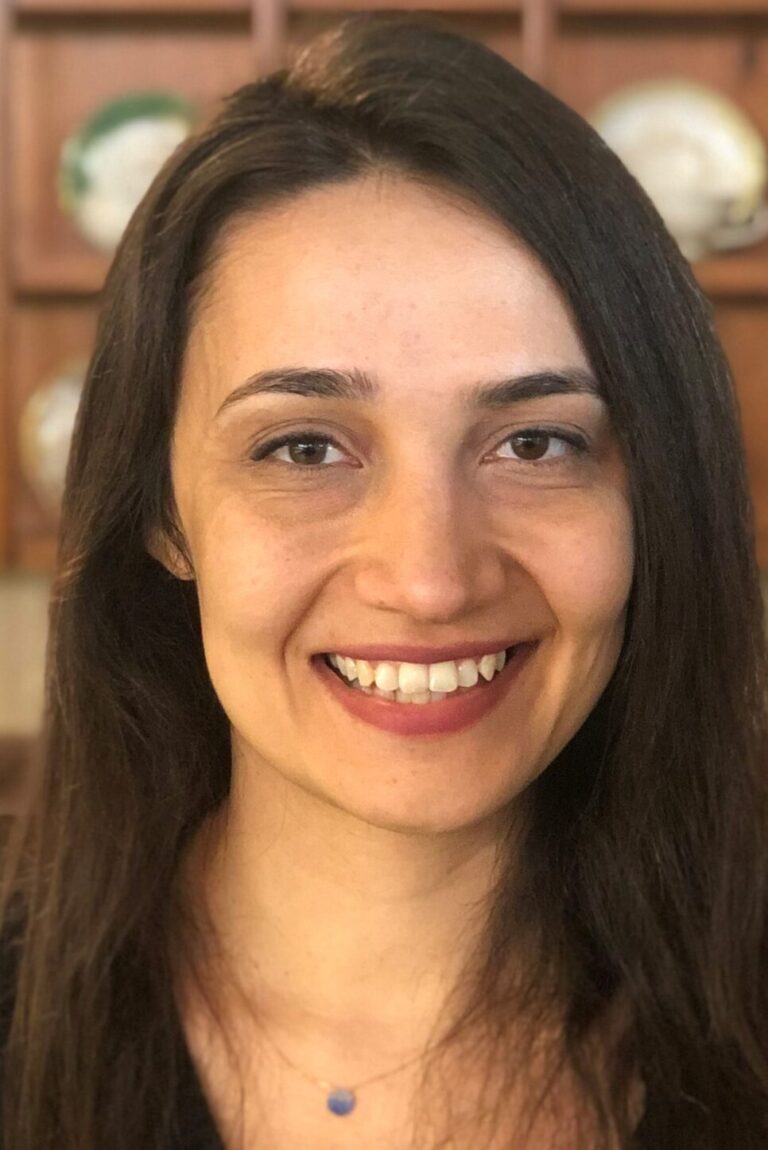
We are starting a new section titled Media Ethnographer on the blog. In this section we will talk with media ethnographers of Turkey about their work, their perceptions about the field both in Turkey and globally, and especially the things that excite them the most in this area. Hopefully, Media Ethnographer will help us connect as ethnographers of Turkey and reach out to each other’s work now and in the future.
In an article published in 2014[1], you write that new media technologies brought out many opportunities for media ethnographers of Turkey. What were those opportunities back then and what do you think about doing new media ethnography in Turkey today?
Interestingly we are now left behind as users from Turkey but at that time, the beginning of 2000s, Turkish users were among the most productive and prolific ones globally in internet usage. Because of broader developments in the country such as increasing censorship, economic crisis, and growing authoritarianism, we do not encounter many interesting projects in the last few years. This is a generalization, of course, but there is a sort of drought in good new media projects at the moment. This also has a reflection on the possibilities of internet studies and ethnographies. One of the trends or buzzwords these days is algorithms, for instance. It is very hard to do an ethnography on algorithms in Turkey. How can you study algorithms here? We don’t have such high technology or corporations here. Turkey is in the periphery in that sense. Of course there are many other areas to study here. I am currently working on crypto-currency cultures. Interestingly, crypto-currency users in Turkey are among the most frequent ones in the world. I feel like there is an opportunity to be connected to the global current. I can’t say the same for algorithm studies.
One thing that I was anxious when I was writing that article you refer to was the increasing talk of censorship related to the rise of authoritarianism and how it would occupy most of the discussions around media in Turkey. And yes it has become a fact. When I get a call from international media for commentary, for instance, they always ask about the censorship issues, which, of course, is very critical to talk about. But at the same time, this is a very limited picture. Unfortunately this has been an ongoing biased interest in Turkish media.
You have been working on diverse issues as a media scholar. Why do you use ethnography as a methodological toolkit to explore all these issues?
I never claim that one method is better than another. There are many ways to get knowledge about these questions. New media studies is, however, occupied by more quantitative studies and methodologies. I don’t criticize that but just say that such approach is limited. I believe that with ethnography you can reach out to many other dimensions of knowledge. I am an anthropologist and there is real potential here, deconstructing cultural codes around new media, for instance. Today although big data sounds very mathematical and very certain because it is related to positive sciences etc. in fact, big data is culturally constructed. Supposedly universal and non-biased notions of algorithms have all these biases in terms of race, gender, and other types. We need to see all the cultural and social codes behind algorithms, big data, etc. Think of all these fake news studies and information studies now. It is not very productive to study these issues just by surveys or to create soft wares to prevent fake news. We need to do ethnography to understand how audiences grasp and use these fake news. We need ethnography in many fields of new media. Doing ethnography is not easy. You know discussions of ethnography never end. We are now in an open-ended space and this is very exciting. I am excited to experiment methodologically in this space.
You have just come back from a yearlong visiting scholarship in the USA. What are your observations about the trends and tendencies in media ethnography there?
I expected that people would be working on digital issues but I was surprised to see a backlash instead. I was in UC Irvine Anthropology and MIT Science, Technology, and Society. In UC Irvine, most of the grad students were working on social inequalities and environmental issues but not digital issues. Not that they ignore it but Digital is not central to they work. May be because digital is so embedded in social life now and they don’t need to study it. But also I think there is being tired of all these buzzwords. May be we need a break. Well, I don’t need a break. I like working on this stuff. Also in MIT most graduate studies were not directly about digital and also media. Apart from this observation, there are of course more and more publications about digital media. A theory oriented journal Theory, Culture and Society, for instance, published a special issue on crypto-currency. Cultural Anthropology also had a special issue on algorithms. I try to follow all the algorithms literature. And Cultural Anthropology’s special issue has been more influential than many others I have read and I was happy to see that ethnographer’s touch is very important. It brings out new dimensions in new media research which is now so broad and embedded with other forms of media. It is hard to talk in generalities. By the way, as another example, I believe studies on social TV may increase. I have already read several books on Netflix alone. And because of Trump, the fake news stuff and also trolls. When I was writing the article you cited at the beginning, it was nascent not so converged. Now there are so many issues. You don’t need to define in anymore.
Where are we going in terms of ethnographic/anthropological studies about media of Turkey?
Now you see more and more publications and theses about new media related issues but most of them are repetitive and not exciting at all. So many of them are based on limited methodology. I do not oppose quantitative studies, as I said. But this way of usage is misleading, in fact. In many studies, the claim is to do ethnography but then it switches to netnography and sometimes it is not even netnography. I believe ethnographic engagement is very limited. One reason is that ethnography demands more time. Also the teaching of ethnography is very limited here. Scholars who are trained as anthropologists are able conduct ethnographies. Sometimes people with cultural studies background produce good ones. At the end of the day, good ethnographies of media are in minority in Turkey. The number of fieldworks conducted ten years ago, probably, is not less than the ethnographic projects going on right now. I feel a bit upset about this. It seems like the talk of media ethnography has become mainstream but when you look at the actual works there are not many good works. One thing is the easiness of producing articles by relying on quantitative methods and they are fancy also with all this visualization but you miss the ethnography there. Information verification issues might still have potential in Turkey. All these social media usage and circulation of information are very fruitful. I am also personally interested in blockchain based projects might have a potential in Turkey. In fact, in all the countries which have a currency crisis crypto-currency projects are relevant and then comes many ethnographic opportunities.
Tell us about your ongoing projects these days.
I am currently working on crypto-currency cultures in Turkey. I am hoping to have a yearlong fieldwork. I might also become an advisor in one of the projects so that I may have an insider’s perspective. My ongoing work about information verification and political trolls will also continue. I am a bit bored with that but there is no escape from these topics. And I am already involved with digital activism so I may produce ethnographic work on that as well.
Can you tell us a recent ethnographic work that you read and liked?
The Qualified Self: Social Media and the Accounting of Everyday Life is an ethnographic work I have read and got excited about recently. And on Turkey Social Media in Southeast Turkey[2] is by far my favorite.
[1] ‘Türkiye’de Yeni Medya Etnografisi Yapmak’ Sınırları Aşmak: Türkiye’de Sosyo-Kültürel Antropoloji ve Disiplinlerarası Yaklaşımlar, editör Ramazan Aras
[2] Costa, Elisabetta. Social Media in Southeast Turkey. 1st ed. Vol. 3. UCL Press, 2016. https://doi.org/10.2307/j.ctt1g69z14.



